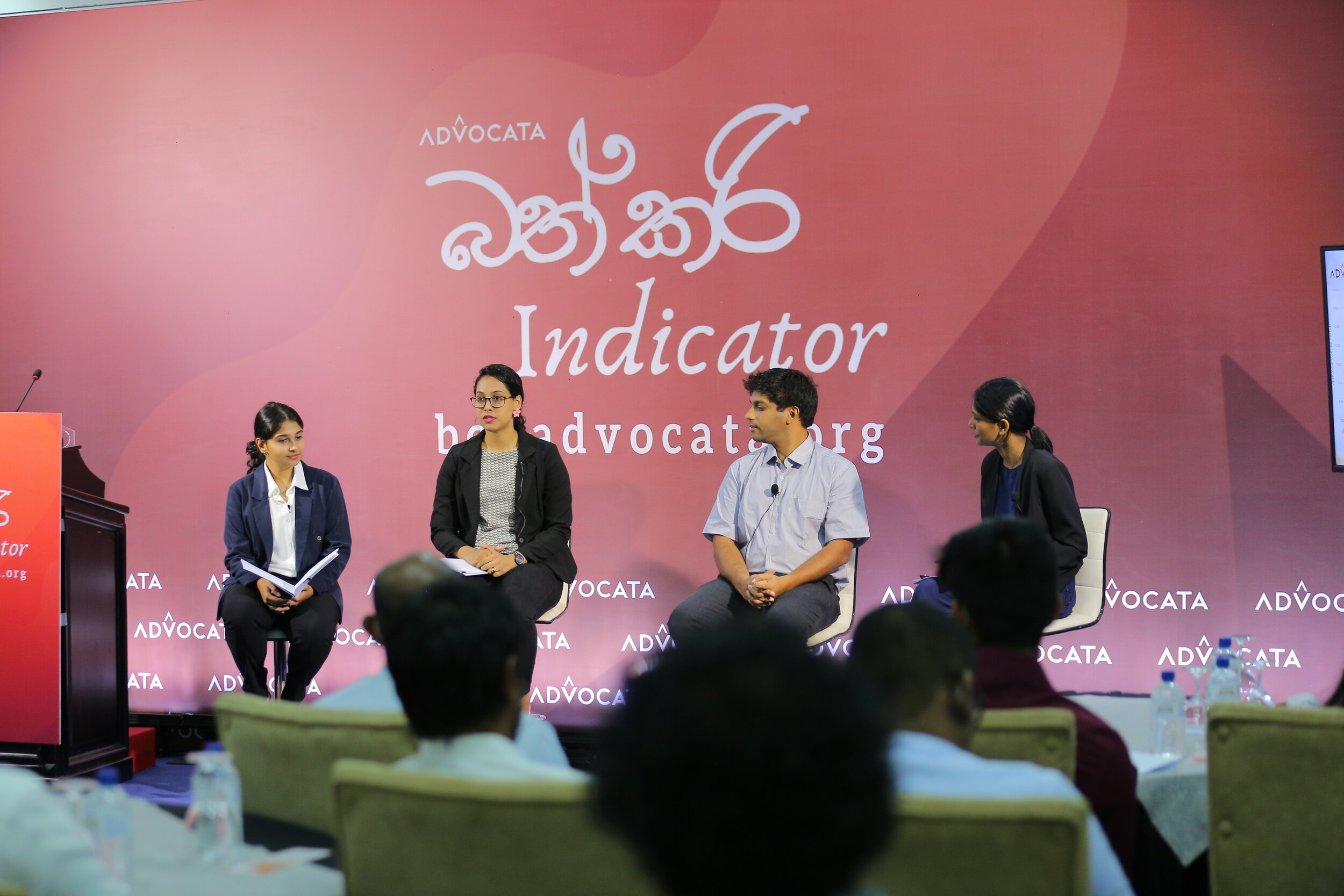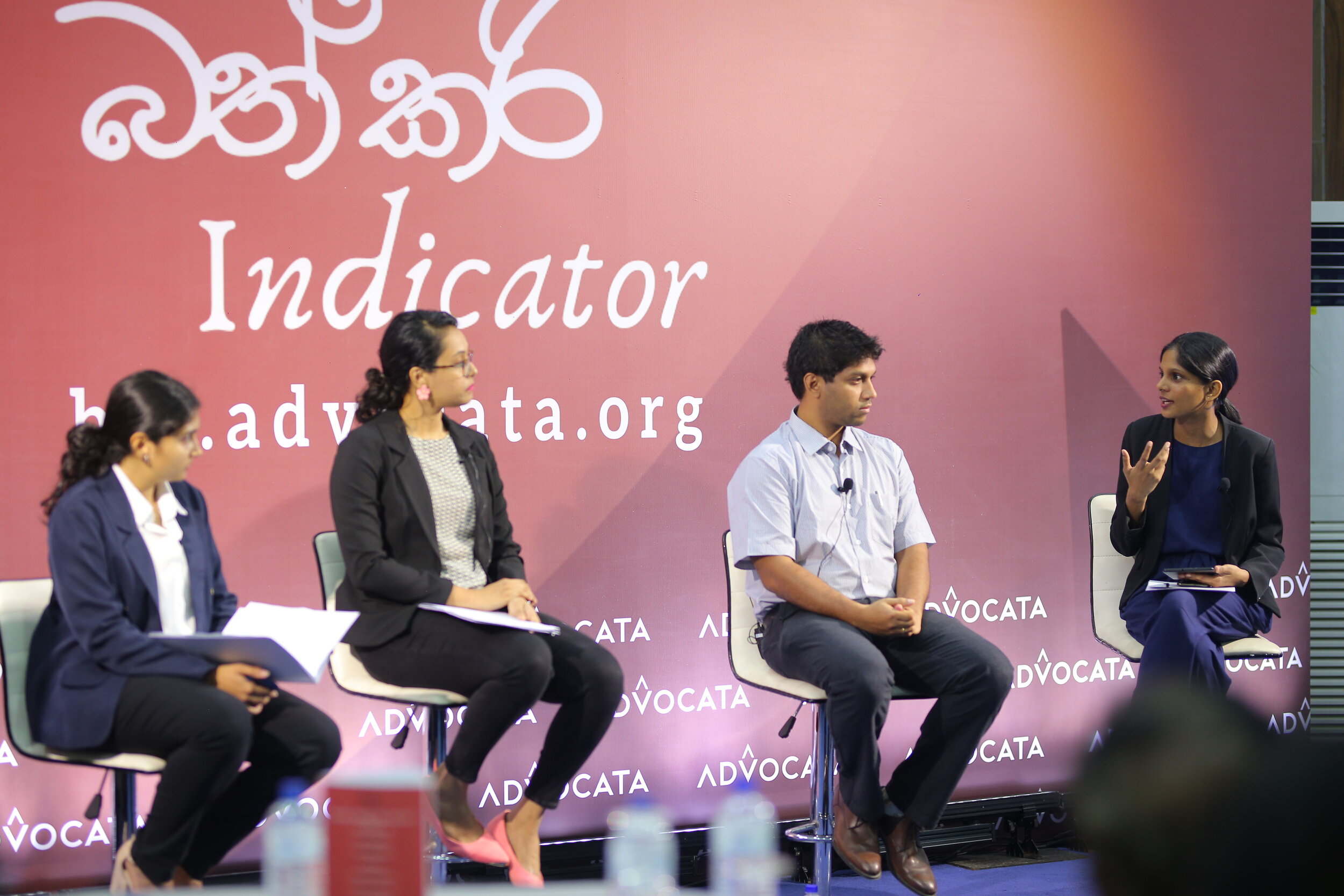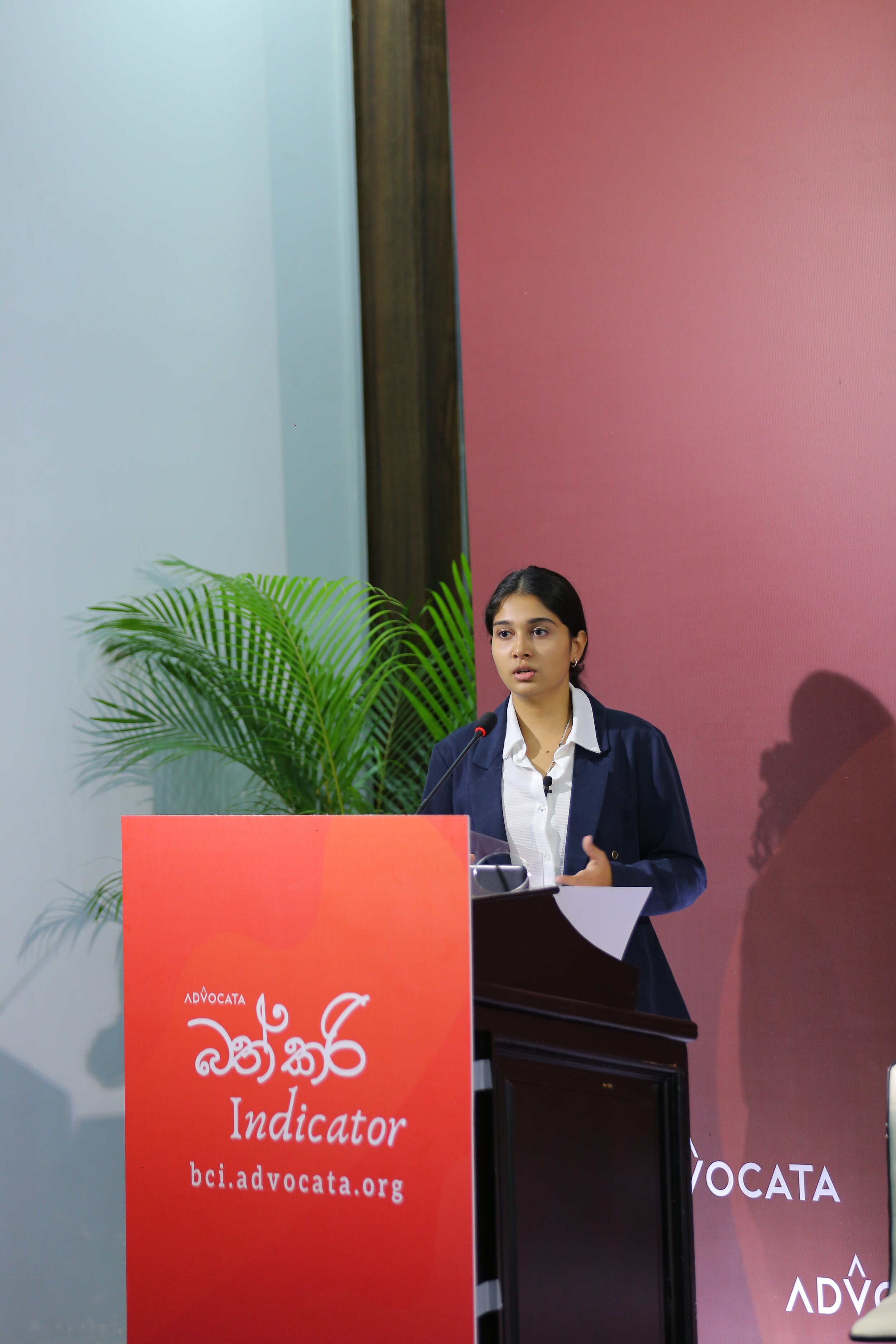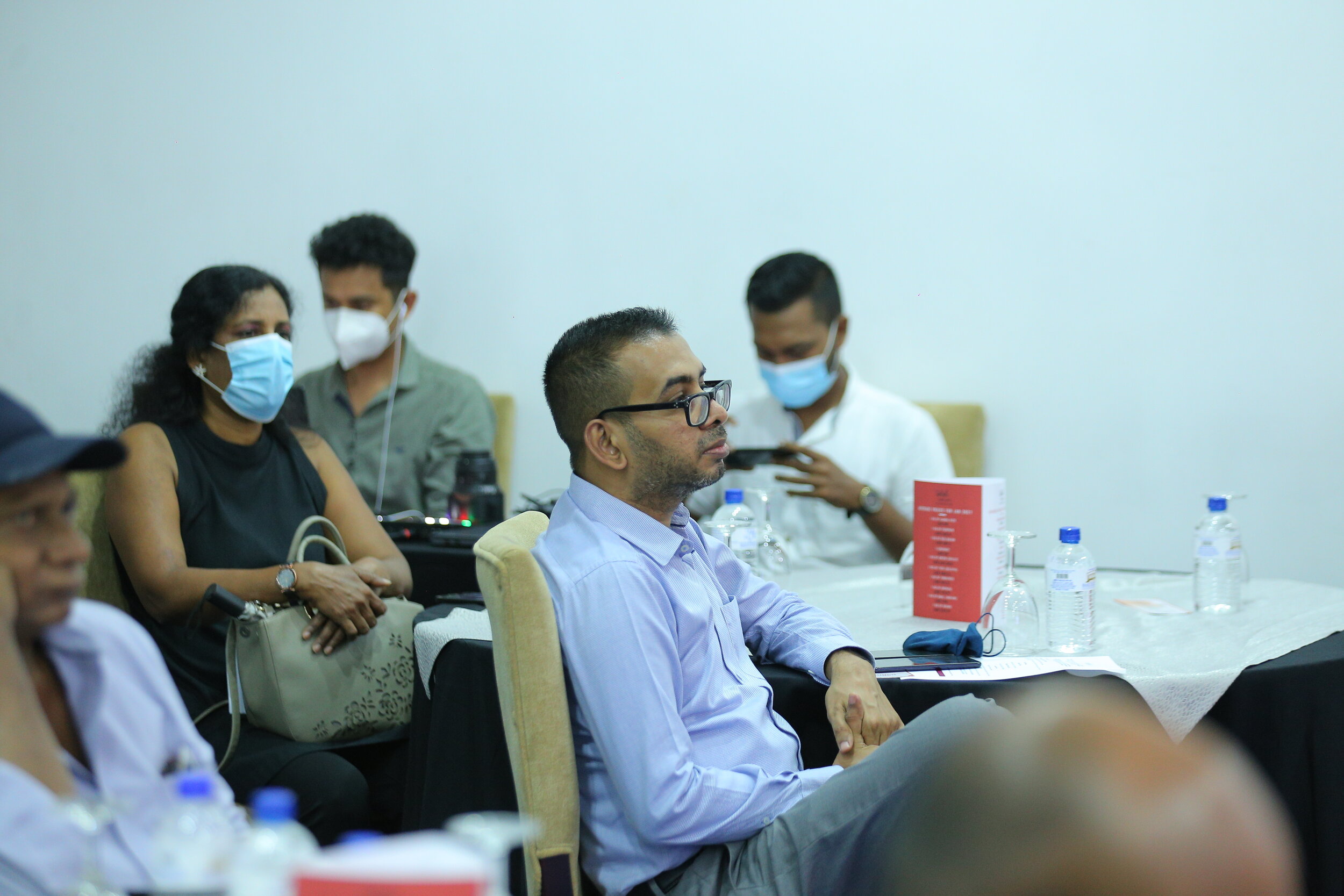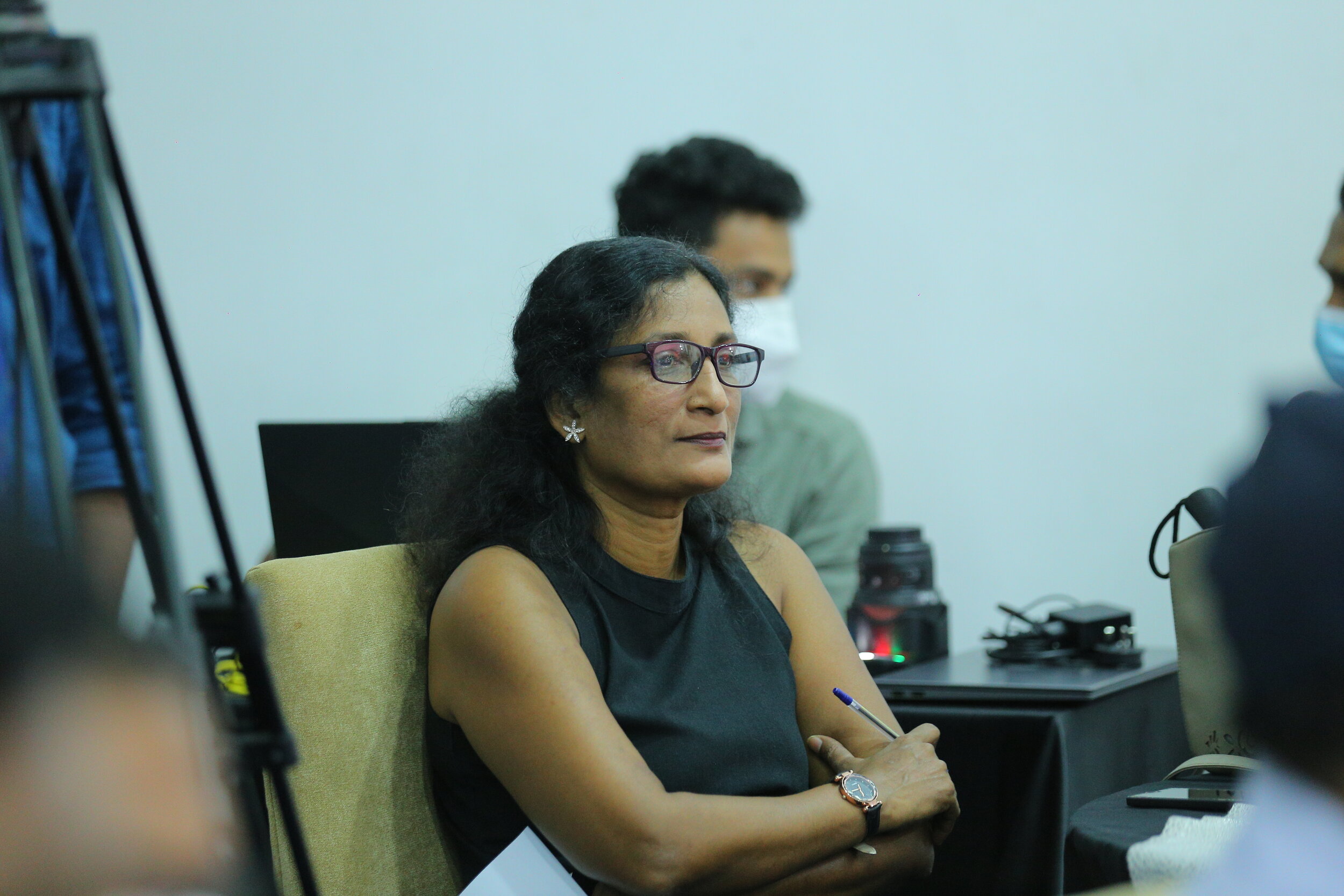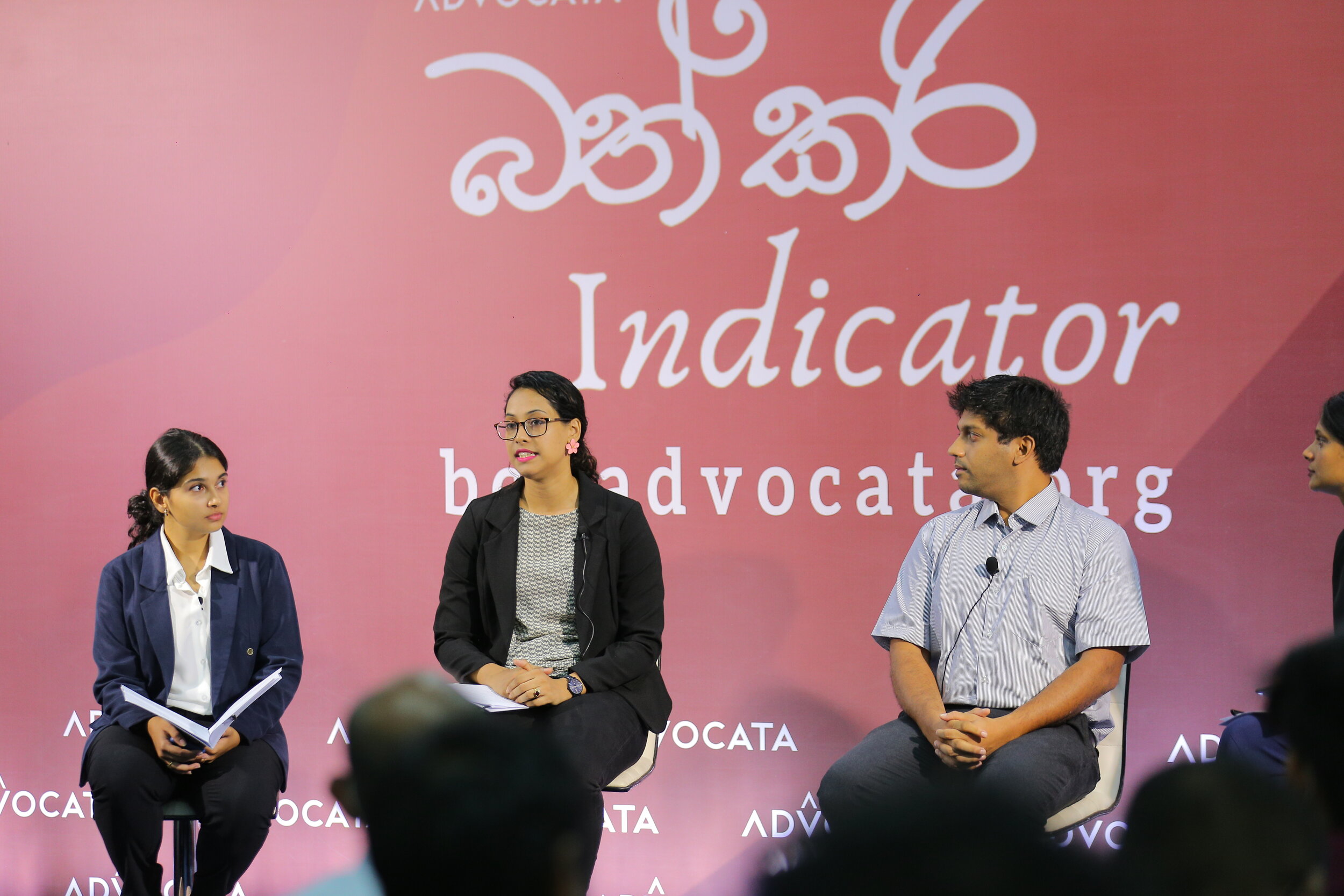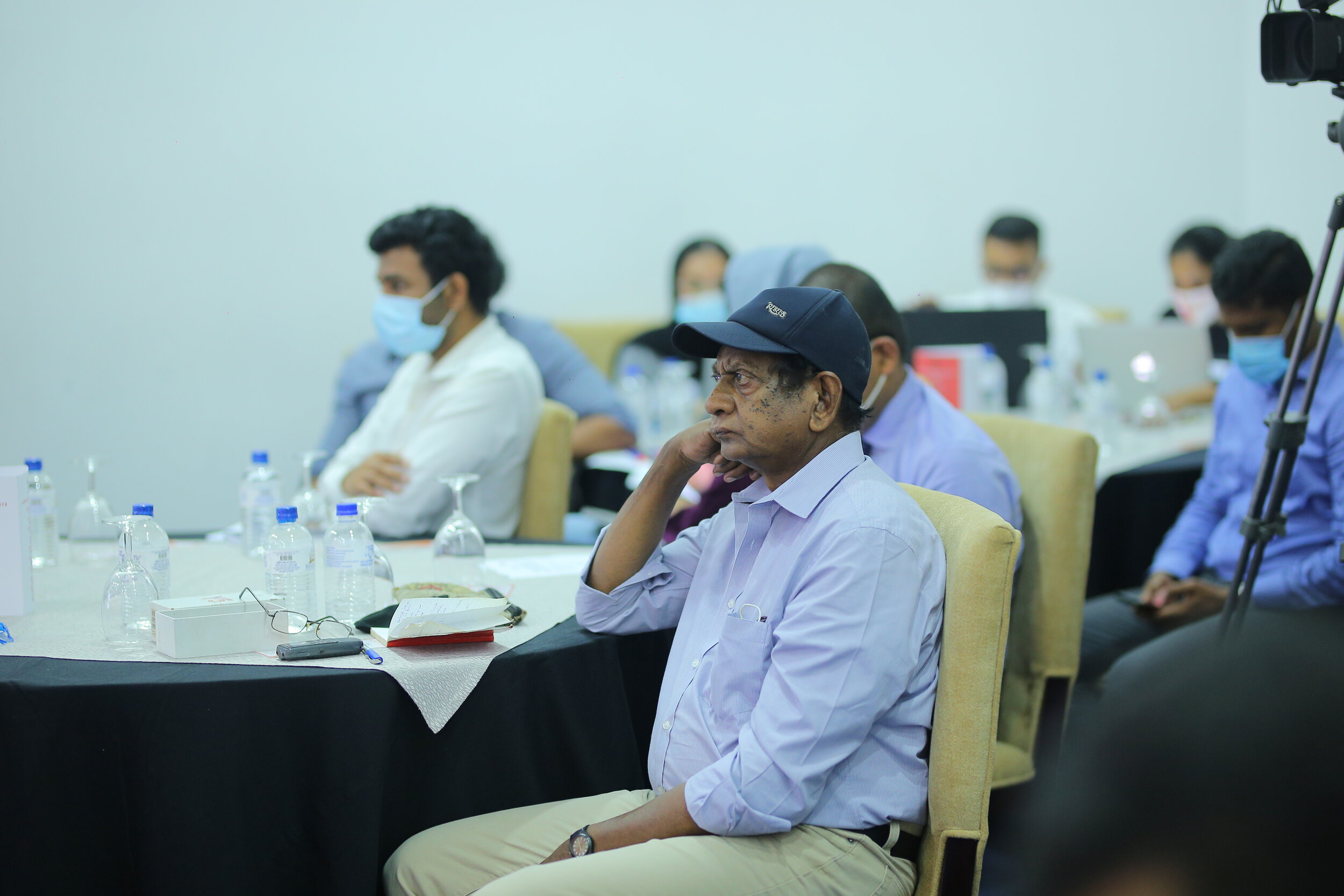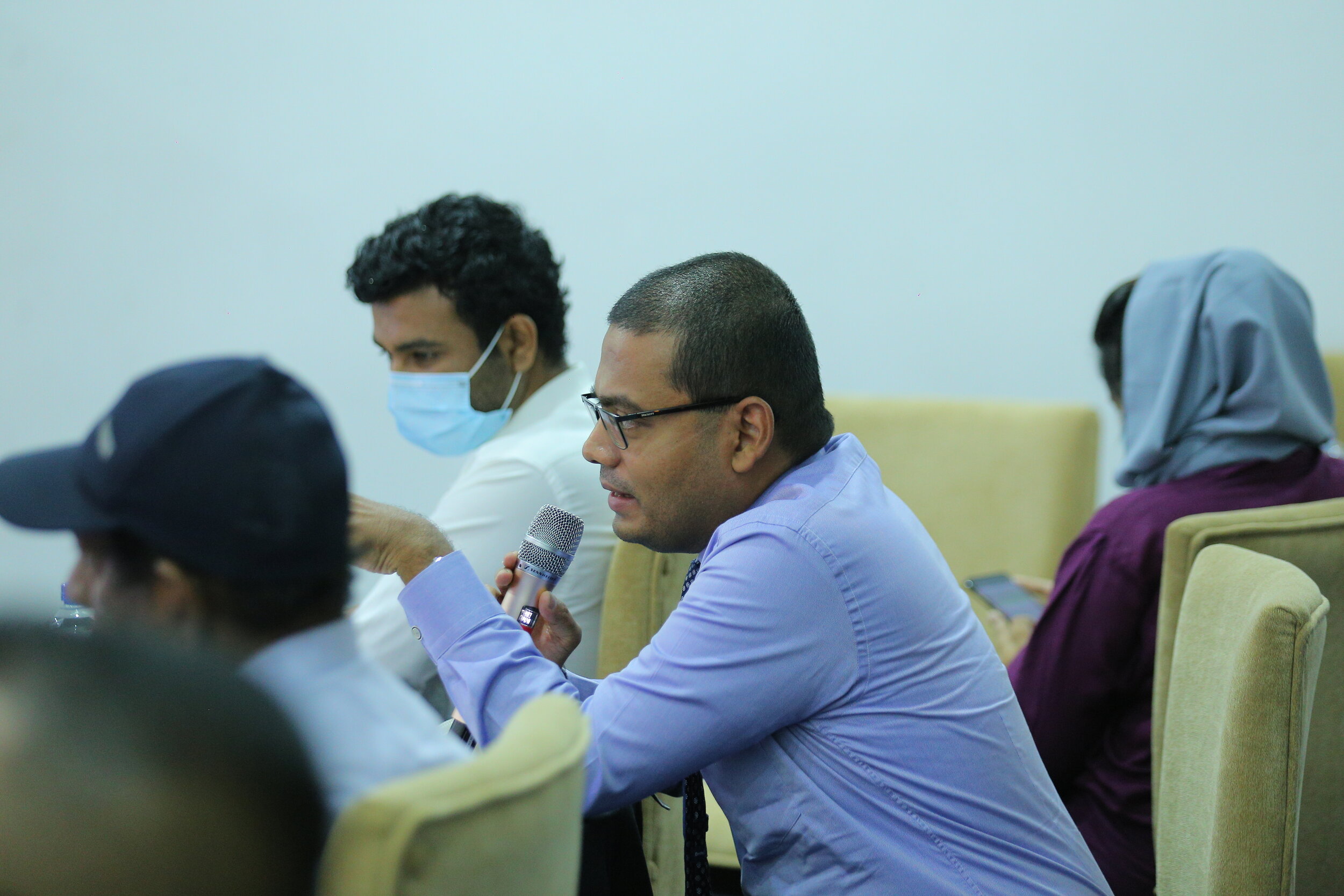Advocata Institute hosted an event titled ‘A Deep Dive into the Market Competitiveness of Ceylon Tea’ to launch the report on "Market Competitiveness of the Tea Industry of Sri Lanka" authored by Sudaraka Ariyaratne (Research Consultant, Advocata Institute) The conference consisted of a panel discussion on Land & Labour Reforms : Efficiency Through Liberalisation and Quality Control & Premiumisation : Unlocking the True Potential of Ceylon Tea
Session on 'Land & Labour Reforms : Efficiency Through Liberalisation
The session commenced with a presentation by Sudaraka Ariyaratne, followed by a panel discussion with Hon. Jeevan Thondaman (Cabinet Minister, Water Supply & Estate Infrastructure Development), Dr Roshan Rajadurai (Managing Director, Hayleys Plantation Sector), Dr Romesh Bandaranaike (Former Director, Plantation Management Monitoring Division), moderated by Murtaza Jafferjee (Chair, Advocata Institute)
Session on 'Quality Control & Premiumisation : Unlocking the True Potential of Ceylon Tea’
The session continued on with another presentation by Sudaraka Ariyaratne, followed by a panel discussion with Niraj de Mel (Chairperson, Sri Lanka Tea Board), Dilhan C. Fernando (Chief Executive Officer, Ceylon Tea Services PLC), Dasarath Dassanayake (Former Head, Manufacture High Grown, John Keells PLC Consultant) moderated by Rehana Thowfeek (Research Consultant, Advocata Institute)
The presentation on Land and Labour Reforms: Efficiency Through Liberalisation by Sudaraka Ariyaratne can be accessed here
The presentation on Quality Control and Premiumisation: Unlocking the True Potential of Ceylon Tea by Sudaraka Ariyaratne can be accessed here
Both discussions will be available on our YouTube channel shortly.




























